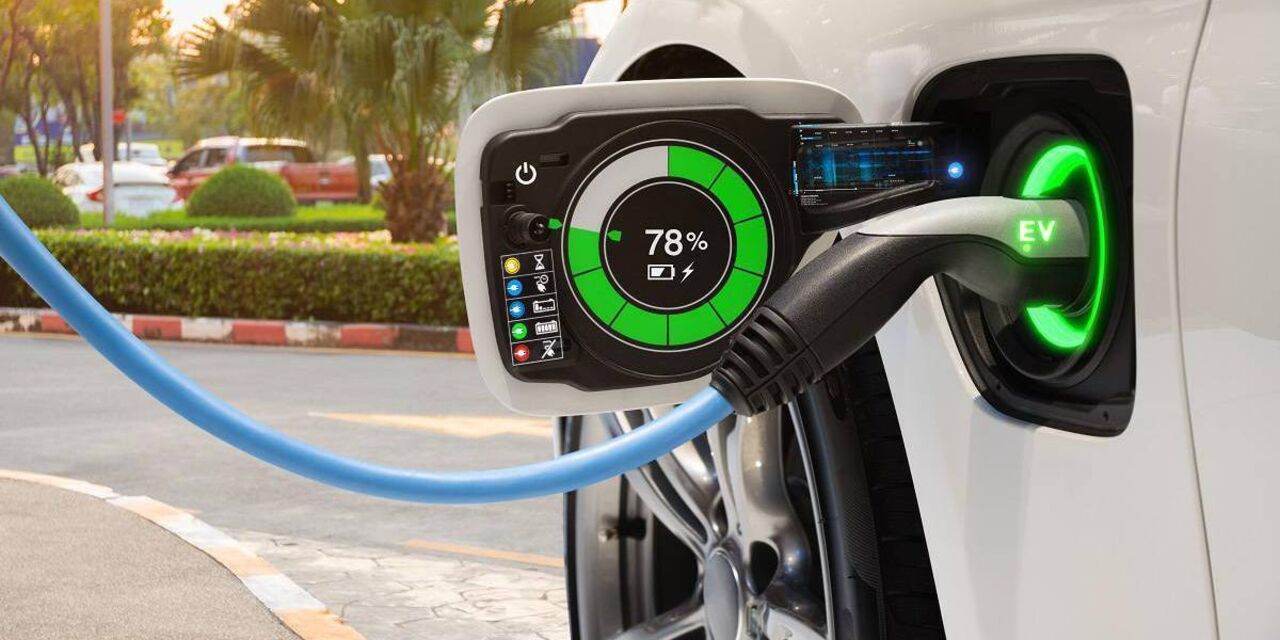Government Explores Inclusion of Electric Vehicles (EVs) in Priority Sector for Enhanced Funding Accessibility


About the potential inclusion of electric vehicles (EVs) in the priority-sector lending (PSL) category, the Reserve Bank of India (RBI) is now in discussions with the government.
This revelation comes from a senior finance ministry official on a recent Saturday.
The representative said, "We have received a proposal to include EVs in the framework for lending to key sectors. The lending standards that apply to banks will be reviewed.
A thorough review of the priority sector lending criteria is on the table, and this development is subject to discussions with the RBI.
Several sectors have expressed interest in being incorporated into the PSL category.
In addition to EVs, officials are thinking about including upcoming renewables like green hydrogen, green ammonia, and other priority-sector financing criteria.
By RBI guidelines, banks are mandated to allocate 40 percent of their adjusted net bank credit to the priority sector.
These seven areas currently covered by this sector include agriculture, Micro, Small, and Medium-Sized Enterprises (MSMEs), export credit, education, housing, social infrastructure, and renewable energy.
Within the renewable energy sector, bank loans up to Rs 30 crore are deemed eligible for priority sector classification. This includes funding for solar-based power generators, biomass-based power generators, windmills, micro-hydel plants, and non-conventional energy-based public utilities like street lighting systems and remote village electrification. For individual households, the loan limit is set at Rs 10 lakh per borrower.
Stakeholders from the electric vehicle and emerging renewables sectors have been actively advocating for their inclusion within PSL norms. As of June 2023, India has publicly announced 48 projects related to green hydrogen and green ammonia.
According to government data, India has registered a total of 26,25,443 EVs since 2018, with 8,47,439 EVs registered in 2023 up to August 3.
NITI Aayog and the Rocky Mountain Institute (RMI) jointly published a report in January 2022 titled "Banking on Electric Vehicles in India." The necessity of recognizing EVs as a priority area for retail lending within the electric mobility ecosystem was emphasized in this research.
It offered recommendations for the inclusion of EVs in RBI's priority-sector lending guidelines, projecting potential EV financing markets of Rs 40,000 crore by 2025 and Rs 3.7 lakh crore by 2030 for banks and non-banking financial companies in India.
Electric two-wheelers, three-wheelers, and commercial four-wheelers were also highlighted in the report as categories that deserved to receive priority status under the priority-sector lending category. This decision was based on several considerations, including the need for formal credit, the potential for significant job creation, scalability in both urban and rural regions, strong sales predictions, the availability of a large number of models, and a smaller cost-of-ownership gap than with traditional vehicles.
The report also pushed for the adoption of sub-targets and sanctions for priority-sector loans in renewable energy and electric vehicles (EVs). It urged the Ministry of Finance to recognize electric vehicles (EVs) as a sub-sector of the infrastructure and lobbied for the inclusion of EVs as a separate reporting category under RBI standards.
Tags: #ElectricVehicles #PrioritySectorLending #RBIGuidelines #RenewableEnergyFinancing #GreenHydrogen #GreenAmmonia
#NonconventionalEnergy #IndiaEVMarket #NITIAayogReport
#ElectricMobility #EVFinancing
#SustainableTransportation
#GovernmentPolicies
#BankingonElectricVehicles
#RuralElectrification
#UrbanMobility
#EVAdoptionTrends
#SustainableInfrastructure
Writer: Chintu nath

Table of Contents Introduction to Free Online Tools for PDF,...

Table of Contents How I Discovered Toolkhoj.com What Makes It...

महाशिवरात्रि के उपाय , बेर, काली मिर्च और धतूरे का...